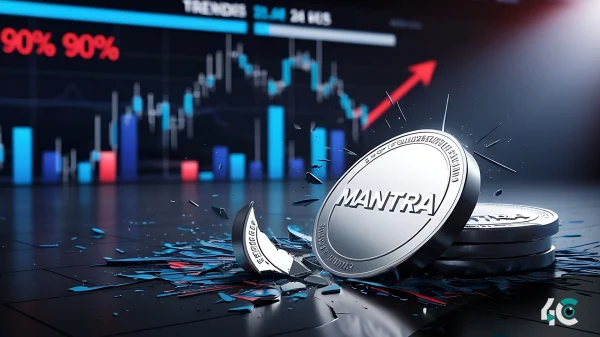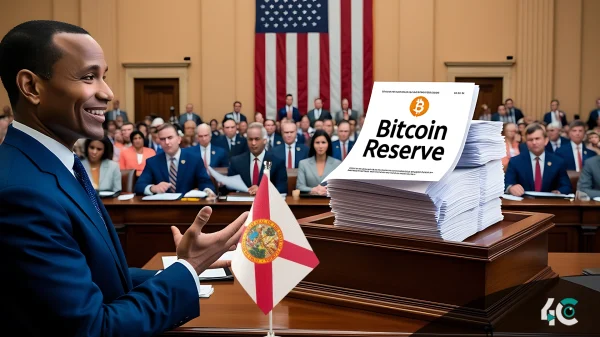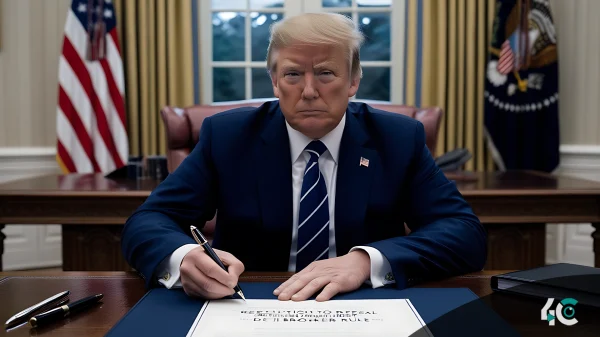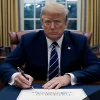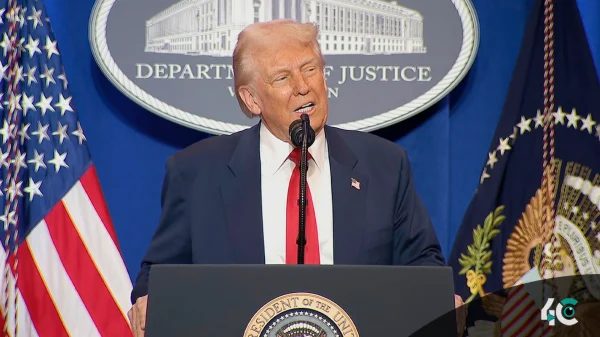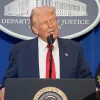1. Bitcoin Sentiment Hits Yearly Low, Indicating Potential Recovery
Bitcoin’s market sentiment has reached a yearly low, according to recent analyses, signaling a potential turning point for the cryptocurrency. Despite the drop in optimism, some experts see this as an opportunity for recovery, noting that Bitcoin has historically rebounded strongly after similar sentiment dips. As market conditions stabilize, many believe that a renewed focus on long-term fundamentals may drive Bitcoin’s resurgence in the near future.
2. Trump Appoints Bo Hines as Executive Director of New Crypto Council
In a significant development for the U.S. crypto space, former President Donald Trump has appointed Bo Hines as the Executive Director of the newly established Crypto Council. Hines, known for his advocacy for pro-crypto policies, will play a crucial role in shaping the regulatory landscape and promoting innovation in the digital asset industry. His appointment is expected to signal a shift towards more industry-friendly regulations, providing greater clarity and support for crypto businesses.
3. Italy Fines OpenAI $15 Million for Data Privacy Breaches
In a landmark move, Italy has fined OpenAI $15 million for breaching data privacy regulations. The fine comes after concerns were raised about how the company handled user data in violation of European privacy laws. The decision highlights the increasing scrutiny of tech companies in Europe, as regulators aim to enforce stricter data protection rules. This ruling could have wider implications for the broader AI and blockchain industries, especially as data privacy becomes a central issue in global tech regulations.
4. Russia Turns to Bitcoin for Global Trade Amid Sanctions
Amid continued economic sanctions, Russia has begun using Bitcoin to facilitate international trade, circumventing traditional financial systems. By adopting Bitcoin, Russia is looking to reduce its reliance on the U.S. dollar and avoid being cut off from the global financial system. This strategic move demonstrates how countries facing sanctions are turning to cryptocurrencies to ensure continued economic activity, further legitimizing Bitcoin’s role in global trade and geopolitics.





